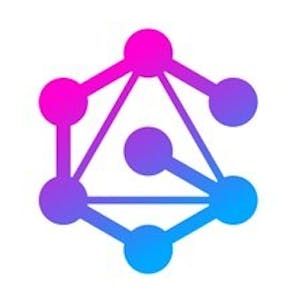106 min
Modelado de Bases de Datos Relacionales para GraphQL
Top Content
Workshop
En esta masterclass profundizaremos en el modelado de datos. Comenzaremos con una discusión sobre varios tipos de bases de datos y cómo se mapean a GraphQL. Una vez que se haya establecido esa base, el enfoque se desplazará a tipos específicos de bases de datos y cómo construir modelos de datos que funcionen mejor para GraphQL en varios escenarios.
Índice de contenidosParte 1 - Hora 1 a. Modelado de Datos de Bases de Datos Relacionales b. Comparando Bases de Datos Relacionales y NoSQL c. GraphQL con la Base de Datos en menteParte 2 - Hora 2 a. Diseño de Modelos de Datos Relacionales b. Relación, Construcción de Tablas Multijoin c. Complejidades de Consulta de Modelado de Datos Relacionales y GraphQL
Prerrequisitos a. Herramienta de modelado de datos. El formador utilizará dbdiagram b. Postgres, aunque no es necesario instalar esto localmente, ya que estaré utilizando una imagen de Dicker de Postgres, de Docker Hub para todos los ejemplos c. Hasura
Índice de contenidosParte 1 - Hora 1 a. Modelado de Datos de Bases de Datos Relacionales b. Comparando Bases de Datos Relacionales y NoSQL c. GraphQL con la Base de Datos en menteParte 2 - Hora 2 a. Diseño de Modelos de Datos Relacionales b. Relación, Construcción de Tablas Multijoin c. Complejidades de Consulta de Modelado de Datos Relacionales y GraphQL
Prerrequisitos a. Herramienta de modelado de datos. El formador utilizará dbdiagram b. Postgres, aunque no es necesario instalar esto localmente, ya que estaré utilizando una imagen de Dicker de Postgres, de Docker Hub para todos los ejemplos c. Hasura

















